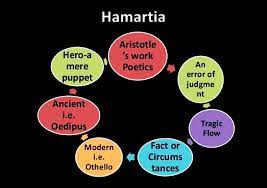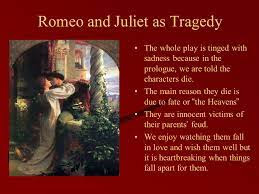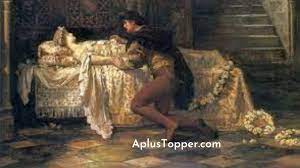Aristotle
- “It is the mark of an educated mind to be able to entertain a thought without accepting it.”
- Who is Aristotle?
- was a Greek philosopher and polymath during the Classical period in Ancient Greece. Taught by Plato, was the founder of the Lyceum, the Peripatetic school of philosophy, and the Aristotelian tradition.
- Aristotle -the most distinguished disciple of Plato. He was also a critic, scholar, logician, and practical philosopher. In the fourth century BC, Plato a great disciple of Socrates was the first critic who examined poetry as a part of his moral philosophy. When he examines poetry, his powerful weapon-he believed that poetry is rather moral and not aesthetic. He became confused.
- Aristotle's ''Poetics'', differentiates many kinds of poetry. He also explained that poetry has a different structure of a good poem and division of a poem, its component parts. He defines poetry as a 'medium of imitation' that represents non-real life through character, emotion, or action. He illustrates poetry in very profound ways, including epic poetry, tragedy, comedy, dithyrambic poetry, and even some kind of music.
- In other words, as per many documents in the history of philosophy and literary theory, Aristotle wrote ''Poetics''. He adopted two major works, they are:
- 1) Rhetoric
- 2) Poetics
- 1. How far do you agree with Plato’s objection to freedom of expression and artistic liberty enjoyed by creative writers? Name the texts (novels, plays, poems, movies, TV soaps, etc which can be rightfully objected to and banned with reference to Plato’s objections)
- Divya Drishti, Balveer, spiderman, Robot, Shktiman, shrarat, Avenger end game, Robot 2.0, Pk has nothing to give moral lessons. Also, the Movie named Oh My God is portraying wrong Indian religious beliefs.
2. With reference to the literary texts you have studied during the B.A. program, write a brief note on the texts which followed Aristotelian literary tradition (i.e. his concept of tragedy, catharsis, tragic hero with hamartia, etc)
- "Othello'' as an African General for the Venice Army. At the end of the story Othello and Desdemona are both dead along with Roderigo and Emilia. Iago remains to live on, no one succeeded but the only villain who still remains blameless. So, drama remains serious.
- There is no plot regarding love and romance and shared between not any comedy or tragedy with evil intentions are satisfied. At the end Othello learns about Iago's intrigue and he weeps into pain or guilt for killing his innocent wife. So the situation created "pity and fear" towards the hero and the Novel passed followed Catharsis also.
- Othello is overall a good man but his only fault is to make trust on Iago without knowing the truth. Othello's hamartia is jealousy and burned by his self-doubt and low self-esteem.
- 3. With reference to the literary texts you have studied during B.A. program, write a brief note on the texts which did NOT follow Aristotelian literary tradition. (i.e. his concept of tragedy, catharsis, tragic hero with hamartia etc.)
- A Tragedy named Romeo and Juliet







No comments:
Post a Comment